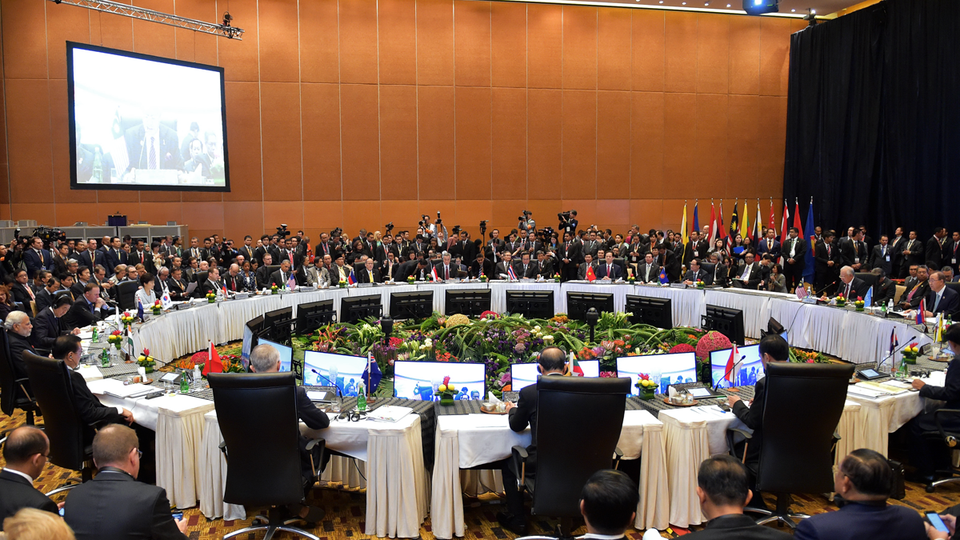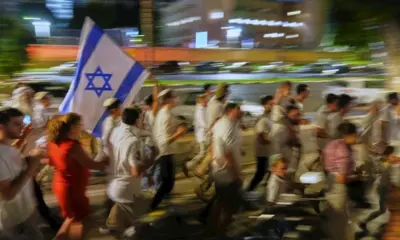World
Human Rights Watch Calls for Rejection of Myanmar’s “Sham Elections”

Human Rights Watch (HRW) has urged Southeast Asian and global leaders to reject Myanmar’s military junta and its planned national elections slated for December 2023. In a statement issued ahead of the ASEAN and East Asia Summits in Kuala Lumpur, HRW characterized the electoral process as a “sham” that would perpetuate ongoing repression and violence in the country.
In an open letter addressed to participating governments, HRW called for member states to deny recognition of the junta’s elections, intensify diplomatic isolation of Myanmar’s military rulers, and enhance humanitarian and refugee assistance. The organization highlighted the alarming humanitarian crisis in Myanmar, which it described as one of the worst displacement situations in Asia since the Second World War.
Widespread Violence and Displacement
Since seizing power in a coup in February 2021, Myanmar’s military, led by Senior General Min Aung Hlaing, has launched a violent campaign against pro-democracy forces and ethnic resistance groups. According to HRW, over 3.5 million people have been displaced, with millions more facing acute food insecurity. The organization documented extensive airstrikes and artillery shelling, alongside targeted attacks on civilians and civilian infrastructure.
HRW’s letter emphasized the recent introduction of a new election law that criminalizes protest or criticism of the upcoming polls, imposing severe penalties including death. This follows the sentencing of a man to seven years of hard labor for posting online criticism about the elections in September.
Under international humanitarian law and the regulations of the International Criminal Court (ICC), attacks aimed at civilians or humanitarian workers can be prosecuted as war crimes. Although Myanmar is not a State Party to the ICC, there is a precedent for addressing crimes committed against the Rohingya in connection with cross-border actions involving Bangladesh. This precedent could expand if the United Nations Security Council refers the situation in Myanmar to the ICC.
ASEAN’s Role and Humanitarian Concerns
HRW implored ASEAN leaders to “categorically reject” any recognition of the elections as legitimate. The organization cited warnings from UN High Commissioner for Human Rights and UN Special Envoy Julie Bishop, who indicated that elections held under the current conditions could exacerbate violence and destabilize Myanmar further. A group of former ASEAN foreign ministers recently advocated for a “complete strategic reset” regarding Myanmar, supporting HRW’s call for a tougher stance.
HRW noted that ASEAN’s own charter mandates the organization to strengthen democracy and promote human rights. Legal experts argue that continued engagement with the junta without consequences risks undermining these commitments and damaging ASEAN’s credibility as a rules-based institution.
The humanitarian situation remains dire, with over four million Myanmar nationals currently in Thailand, nearly half of whom are undocumented. Additionally, approximately 180,000 Rohingya refugees in Malaysia are facing threats of arrest and deportation. HRW urged ASEAN governments to increase humanitarian aid, restore UN funding, and protect refugees from forced returns.
International law imposes clear obligations on states regarding the treatment of refugees. The principle of non-refoulement, codified in Article 33(1) of the 1951 Refugee Convention and recognized as customary international law, prohibits returning individuals to countries where they face persecution or serious harm. HRW called on ASEAN members to affirm this principle and cease maritime pushbacks of Rohingya asylum seekers intercepted at sea.
HRW commended Thailand for introducing new regulations that grant registered Myanmar refugees the right to work, a policy the organization encouraged Malaysia and other nations to adopt in order to reduce economic vulnerability and exploitation.
While ASEAN traditionally adheres to the principle of non-interference, HRW stressed that the bloc’s commitment to human rights provides a legal and moral foundation for collective action when a member state’s actions threaten peace and stability.
-

 Science1 week ago
Science1 week agoResearchers Challenge 200-Year-Old Physics Principle with Atomic Engines
-

 Politics1 week ago
Politics1 week agoNHP Foundation Secures Land for 158 Affordable Apartments in Denver
-

 Health1 week ago
Health1 week agoNeuroscientist Advocates for Flag Football Until Age 14
-

 Lifestyle1 week ago
Lifestyle1 week agoLongtime Friends Face Heartbreak After Loss and Isolation
-

 Health1 week ago
Health1 week agoFDA Launches Fast-Track Review for Nine Innovative Therapies
-

 World1 week ago
World1 week agoTroops to Enjoy Buffalo Chicken, Thai Curry in 2026 MREs
-

 Business1 week ago
Business1 week agoMaine Housing Inventory Surges to Post-Pandemic High
-

 Top Stories1 week ago
Top Stories1 week agoUnforgettable Moments: The Best Victoria’s Secret Performances
-

 Politics1 week ago
Politics1 week agoIsraeli Air Strikes in Lebanon Kill One, Wound Seven Amid Tensions
-

 World1 week ago
World1 week agoGlobal Military Spending: Air Forces Ranked by Budget and Capability
-

 Politics1 week ago
Politics1 week agoMassachusetts Lawmakers Resist Audit After Voter Mandate
-

 Business1 week ago
Business1 week agoSpirit Airlines Cuts Workforce with Furloughs for 365 Pilots









